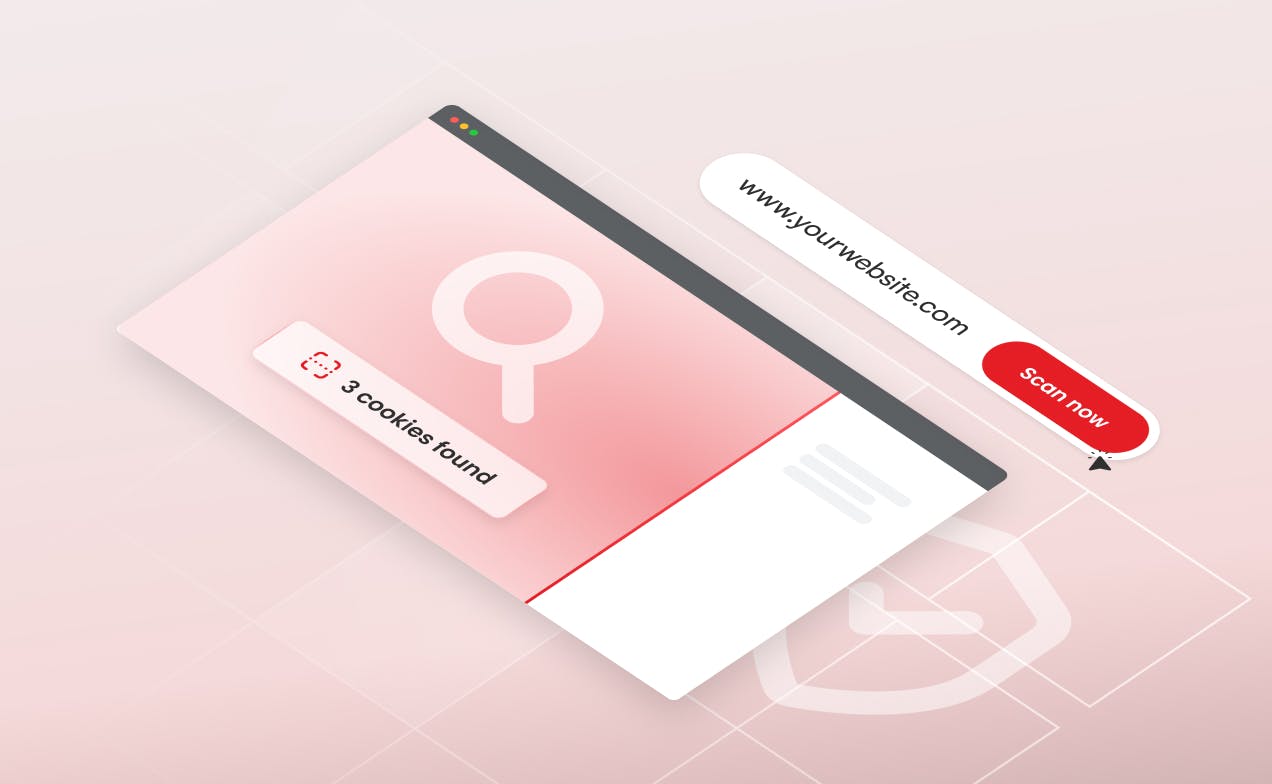
For website owners, cookies are also easy to use and implement. They do not require the resources of a server and occupy only a small amount of memory. They can be configured in numerous ways, can persist for customized amounts of time, and can fuel highly targeted marketing campaigns aimed at highly specific market segments.
Cookies are vital to your online marketing strategies, but it is getting harder and harder to use them.
What is a cookie? Cookies are tiny bits of computer data that are created by a web server while a user is browsing the internet. When a user visits a website, those little bits of data are placed on the user’s computer, tablet, or phone, and they facilitate access to the website.
Once on the user’s computer, the cookies then track and monitor the sites that are visited. Cookies let websites remember users, their logins, what is in their shopping carts, and more. Thanks to cookies, website visitors can fill out forms in seconds, add items to their carts but then leave the page, and receive a custom web browsing experience based on past behavior.
For website owners, cookies are also easy to use and implement. They do not require the resources of a server and occupy only a small amount of memory. They can be configured in numerous ways, can persist for customized amounts of time, and can fuel highly targeted marketing campaigns aimed at highly specific market segments.
Despite their usefulness, a host of new rules around the world have changed how website owners use cookies. The most notable of these rules is the General Data Protection Regulation, better known as GDPR. What is GDPR? GDPR is a European Union law concerning data protection and privacy. Similar to other so-called “cookie laws” enacted by different governments, GDPR compliance requires that website owners inform users that the website – or any third-party service used by the site or app – uses cookies. Website owners must then explain clearly how cookies work and what they are used for and then obtain informed consent before storing the cookies on a user’s device.
Other similar laws are in place in Australia, Brazil, Canada, Chile, China, Egypt, India, Israel, Japan, New Zealand, Nigeria, South Africa, South Korea, Switzerland, Thailand, Turkey, and parts of the United States – most notably, in California.
This means that one thing is very clear: If you own or manage a website, you absolutely must know if it has cookies, and to do that, you need a cookie audit tool.
A cookie audit is a tool and process that evaluates all of the cookies used on a particular website. The cookie audit will help you understand what cookies you have in use, how they are used, how long they store cookie information, and whether any sensitive data are being stored.
An effective cookie audit like those from CookieHub makes it easy to evaluate the effectiveness of the way your website uses cookies. It is essential for maintaining good privacy practices and ensuring compliance with relevant cookie laws and regulations. Having a sound cookie audit can further help you avoid problems like unwanted tracking or even violation of privacy laws.
Cookie audit tools like those from CookieHub make it easy to comply with rules like GDPR. CookieHub’s cookie scanner is an automatic tool that allows you to scan all of your websites to detect the cookies that are in use. After the scan, the tool then assembles a cookie declaration that includes a list of all the cookies in use and details about each one.
The cookie audit tool automatically repeats this process every 30 days, so domain owners know if there have been any changes to the cookies that are in use and so you can make updates to your cookie declaration.
Once you sign up for a service like that from CookieHub, performing a cookie audit is quite simple. Here is what to do:
CookieHub is your one-stop destination for cookie audits and cookie management as you seek to comply with national and international regulations while also being open and honest with your customers.
CookieHub is a powerful and flexible content management platform that includes Cookie Scanner, Cookie Declaration, Google Tag Manager Implementation, Preconsent, and more. You can choose between various themes and styles to customize your cookie consent management tools to match your website. CookieHub is responsive, powerful, affordable, and easy to implement. To learn more, follow the link below.
CookieHub automatically scans your website to detect cookies, ensuring all cookies are easily managed.
©2018-2025 CookieHub ehf.
CookieHub CMP offers tools and services for managing cookies and online privacy.


